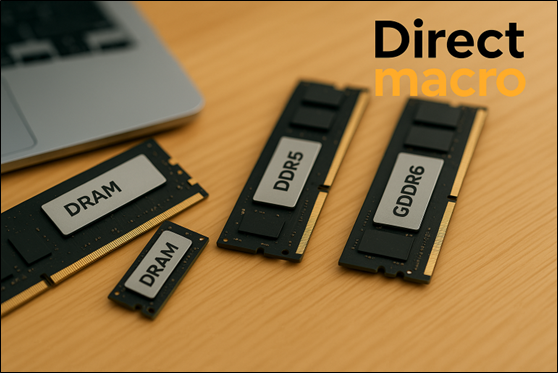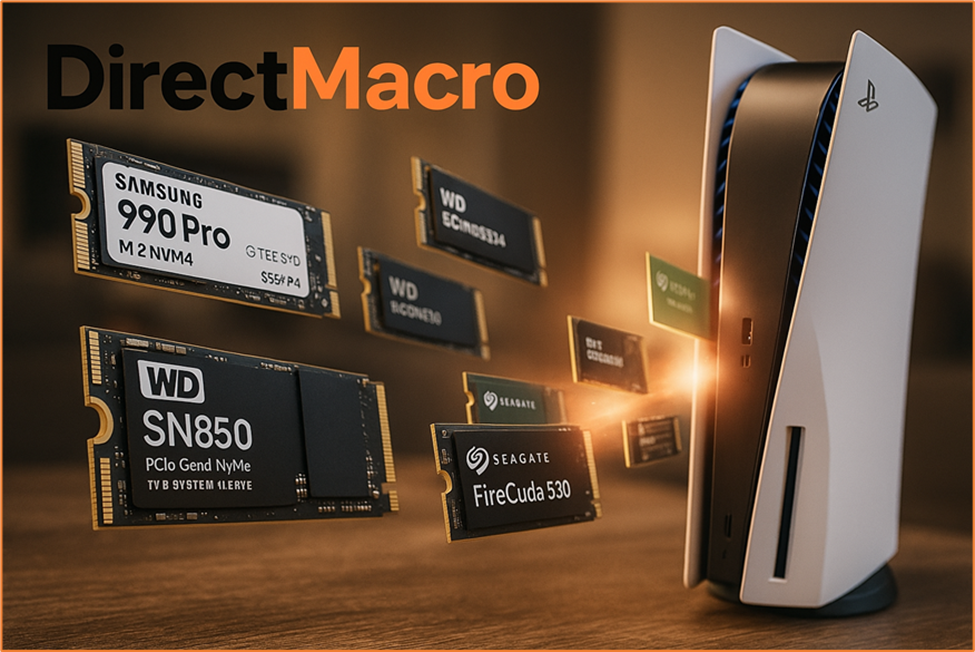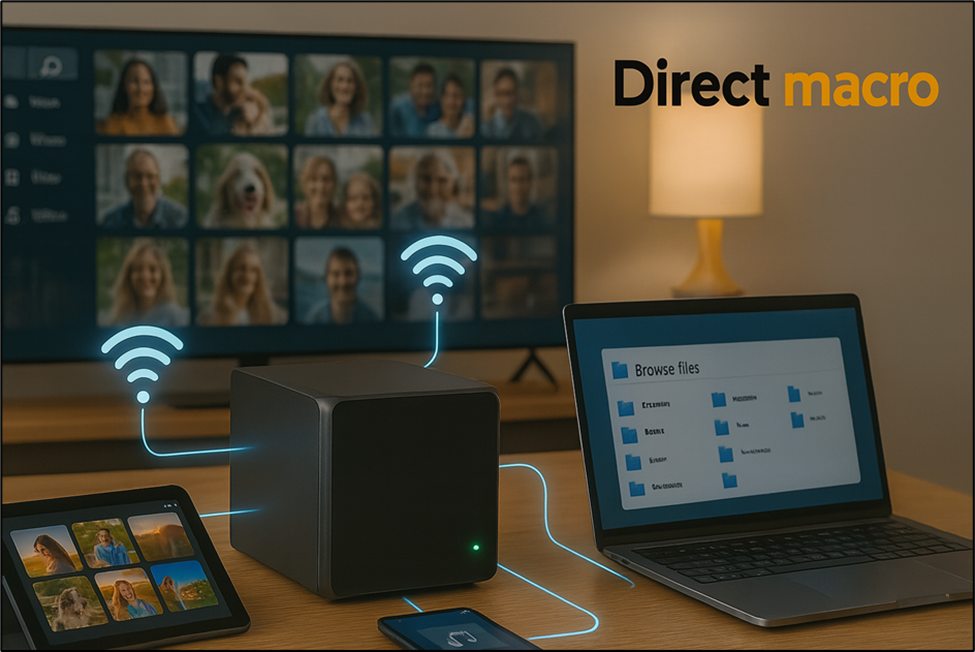OLED vs QLED: What is the Difference?
LED TVs (light emitting diodes) are the common preference of people seeking a good television experience. But if you wish to achieve a dazzling display experience, then further dive into your two more specialized display variants of LEDs: Oled vs Qled. For better value for money and to make the right purchase, put into efforts to understand your requirements and ensure the respective LED TV fulfills that. Here in this guide, we will discuss the comparison of the two best LED TVs, OLED vs QLED.
Difference between Oled Vs Led
What is OLED?
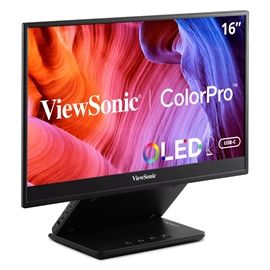
LED TVs are general LCD TV that uses LED technology. It uses a backlight to illuminate the display pixel. OLED came after LED, and it has improved the display lighting setup since it produces its own lighting pixels, faster response time, and enhanced color contrasts compared to LED. The OLED and QLED TVs replaced the thick television devices with slim, light, foldable, and rollable displays. So, if you want a better television experience at the same price, then let any OLED or QLED be your choice this time. This blog provides a detailed comparison of both products, OLED vs QLED.
What is QLED TV?
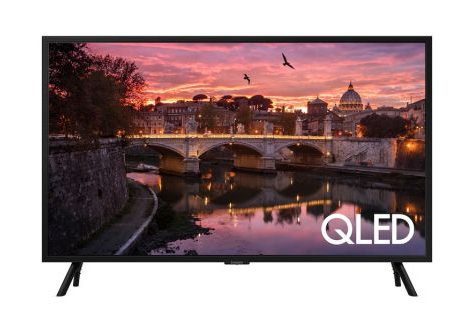
QLED TV uses quantum dot technology that provides an improved display compared to usual LED or OLED. Quantum dots are extremely small dots that can only be seen with a microscope. These dots emit light when exposed to the LED backlight, rendering clearer and more saturated colored pictures on the screen using a quantum dot filter, LED filter, and color filter. Besides that, in Samsung QLED, a quantum processor uses AI-based upscaling to further polish and refine the picture or video quality to 4k and 8k.
Difference between QLED vs OLED
Both LEDs focus on providing an enhanced display screen experience. OLED focuses on providing perfect color contrast and just the right black light using its default lighting system. On the other hand, QLED’s strength lies in maintaining perfect color accuracy with just the right brightness. Both provide excellent display resolution but vary in different features. If you plan to buy a television, here is the complete feature review of both products.
Picture Quality Comparison: Qled vs Oled
Picture quality is compared in terms of brightness, contrast, black level, and color accuracy. OLED offers an infinite contrast ratio since it has self-emissive pixels. It is perfect for dark room viewing; on the other hand, QLED TVs have champions in perfect brightness, but they can’t compete in dark rooms. QLED is best suited for daylight viewing, while OLED is best suited for darkroom lighting.
QLED uses quantum dot technology to maintain the just right color contrast at the highest brightness level. While OLED offers better color accuracy in dark theme scenes, QLED does not maintain the right color to ensure a more vivid picture.
Gaming Experience: Qled vs Oled
When it comes to gaming and motion comparison, QLED and OLED both provide excellent results in this area of performance. One of the most important elements of gaming is input lag. It’s the time the television controller action takes to correspond to similar results on the screen. Both OLED and QLED had low input lags of 10-15 milliseconds. This means it takes 10-15 milliseconds to display the controller action on the screen.
Since OLED excels at dark room displays with amazing colors, it is better suited for games with darker themes, stealth, or horror genres. On the other hand, bright room displays are the forte of QLED, which ensures an excellent gaming experience in colorful games, for instance, sports.
High-end versions of OLED and QLED offer up to 120Hz Refresh rate and can be perfectly compatible with HDMI 2.1. This way, both OLED TVs and QLED can provide excellent gaming performance in high-pixelate games such as PS5, Xbox series X, etc.
Viewing Angles: Qled vs Oled
When it comes to television display at different viewing angles matters a lot. Some televisions block the view from the far left or the far right. However, it’s better to have a wider viewing angle. If we compare QLED vs OLED in terms of viewing angles, OLED has ruled out the possibility of fading view, so you can watch the clear screen from any angle. However, in QLED, users may experience fading display from the side angles, which makes OLED provide a better experience compared to QLED.
Motion Picture Response Time: Qled vs Oled
Motion picture response time is another crucial factor in display performance. It measures how long the pixel remains clear on the screen. Motion performance evaluates how smoothly it transforms from one scene to another without breaking pixels, tearing screens, or blurring images. If we compare the motion picture response time between QLED and OLED, the latter has a faster response time.
Where QLED can not go faster than one or two milliseconds, OLED maintains a response time of about 0.2 milliseconds and often less than that. Therefore, in terms of smoother screenplay, OLED performs better than QLED. If you are planning to use television for streaming, then QLED may be good, but if you are faster and more Fast-action gaming and sports, then OLED is a better choice.
Durability and Burn-in: Qled vs Oled
Burn-in is one of the major issues that occurs when the display screen is used for a longer period of time. It’s when a visible mark is left on the screen that doesn’t go regardless of what you do. Burn-in risk is often associated with OLED devices, while it is less common in QLED devices. Since QLED doesn’t have burn-in issues, its lifespan is longer than that of OLED TVs.
Value for Money: OLED vs QLED
QLED TVs are available in the market at prices ranging from $500 to $2500, depending on the year of release, technology integration, and screen size. The latest versions are available at high prices, though, but with a justifiable cost benefit that makes it worth it. However, OLEDs are a bit more expensive in terms of market price than QLEDs. Its price may go as high as $4000. Overall, OLED can be a costly choice for those with limited budgets.
Conclusion
Comparison between OLED and QLED Both have their own strengths and weaknesses; this blog shares a detailed comparison of the features of both products. However, choosing the best television depends greatly on the required features, which may vary for each customer.
FAQ’s
Which is better oled or qled?
Both are good for different purposes, gameplays with darker theme, cinematic display, OLED is a better option. On the other hand, for bright theme streams QLED is the better option. However, QLED has longer lifespan. OLED has burn-in issues but provide excellent 4k and 8k Display Resolution.
What is qled vs oled?
Both are high pixel-led televisions. The major difference between both is how their pixel produces light. OLED uses organic light-emitting; therefore, it is called OLED, while QLED uses quantum dot technology, it is associated with the acronym QLED.
Is it worth paying more for a QLED TV?
Yes, definitely. Premium QLED TVs provide amazing picture quality and display screen resolution. You can get a bigger size of QLED, which may still be cheaper than OLED.
Do you need advice on buying or selling hardware? Fill out the form and we will return.

Sales & Support
(855) 483-7810
We respond within 48 hours on all weekdays
Opening hours
Monday to thursday: 08.30-16.30
Friday: 08.30-15.30




